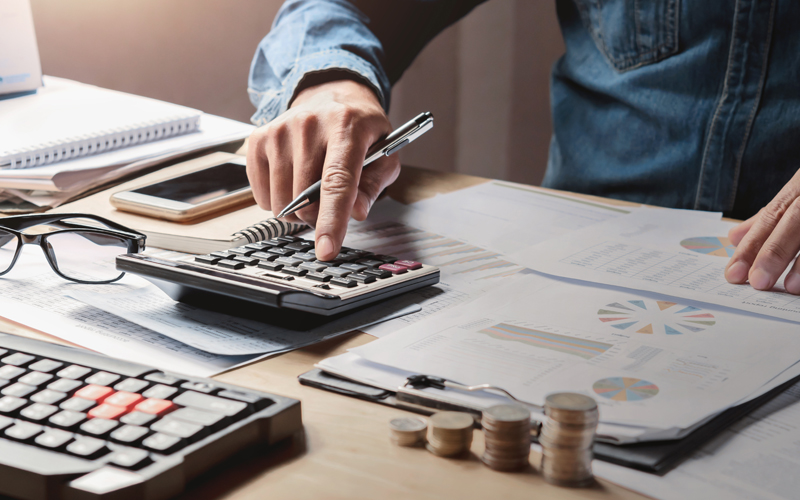If you think you can cheat the tax office, don’t even think about it. You can’t, and it will be just a matter of time before you’re caught.
The tactics and resources the ATO has at its disposal are quite extraordinary. Each year, the ATO contacts around two million taxpayers about their individual returns. This year, $15.1 million was allocated in the Federal Budget to target serious and organised crime in the tax and superannuation systems. This means that auditing activity is expected to increase in 2021.
A lot of the latest tax enforcement techniques have come from the abundance of data we’re producing. Everything from booking a holiday to doing your banking has moved online.
The ATO has the most powerful computers in the country and many businesses are required to share their customer databases with the tax man.
Here are some of the tactics the ATO implements that mean you can’t cheat the tax office.
Data matching
To give you an idea of how closely your financial moves are being scrutinised, the ATO match all credit and debit card payments received by merchants from financial institutions. That’s an incredible amount of information matched against ATO records (your tax return) for clues on what was missing.
On top of this wide-ranging banking and retail data, you can add employers, health insurers, state and federal agencies and overseas tax offices to the list of data providers. Plus, if you buy a car, boat, home or artwork, assume that transaction will also end up in the ATO computer.
The analysis of this data is increasingly sophisticated. It’s specifically designed to look for income tax returns that might be missing information, contain wonky numbers or simply don’t stack up.
From there it’s just a matter of the ATO asking questions like, can this person really afford that much caviar… or that boat?
Benchmarking
The ATO doesn’t just look at your tax return by itself. Along with cross referencing claims with data from other businesses, websites and financial institutions, they also compare you to other taxpayers. These are people they consider are in similar circumstances to you and they’re checking to see if your claims are significantly different.
Picture a flat line on a chart, representing the average transport tax deduction for a person of your age in your profession in your city. If you’ve claimed too much, your dot will be out of place on the chart and stand out like a sore thumb.
The computer will produce a red flag against you. Before you know it, a man with a calculator could be knocking at the door. A scary thought.
Here’s how to do it right: Tips and tricks to maximise your tax return
Whistle blowing
The ATO welcomes whistle blowers with open arms. They encourage people to come forward and report their suspicions in confidence. If the ATO thinks there is enough information to warrant a closer look, they’ll follow it up.
While this seems like a long shot, just consider how many people you’ve peeved off in the past few years. Divorced partners, ex-employees, old work colleagues – there’s sure to be one, at least.
Special focus areas
Each year the ATO identifies key areas of tax law they think might be up for some ‘clever accounting’. It’s no surprise they place a special focus on them. For your 2020-2021 return, the ATO are continuing to focus on work-related expenses. Especially given the changes to work situations brought on by COVID.
More info here: Everything you need to know about the ATO’s shortcut method
They’ve also got a microscope on cryptocurrency trading. This joins their usual special focus on property and share trading as a key capital gains tax area.
Other focuses are set to be Airbnb and other short-term property leasing.
Actually, you might as well assume a special focus on everything you do, just to be safe.
Serious detective work
Apart from computer power the ATO also can collect information in rather unusual ways. We’ve heard a few impressive stories from tax accountants over the years. Where people have been caught through more traditional detective efforts.
To give you an idea, in one case we were told of tax officers sitting in football car parks. They were taking down car regos on utes to check private versus business use deductions. And, at the more sophisticated end of town, there was a smash and grab raid on a hotel room. It was to seize evidence of offshore tax evasion.
When you add that sort of endeavour to the giant computers cross checking each taxpayer’s every move, the game is up for tax cheats.
Again, if you think you can cheat the tax office, think again.





























Trending